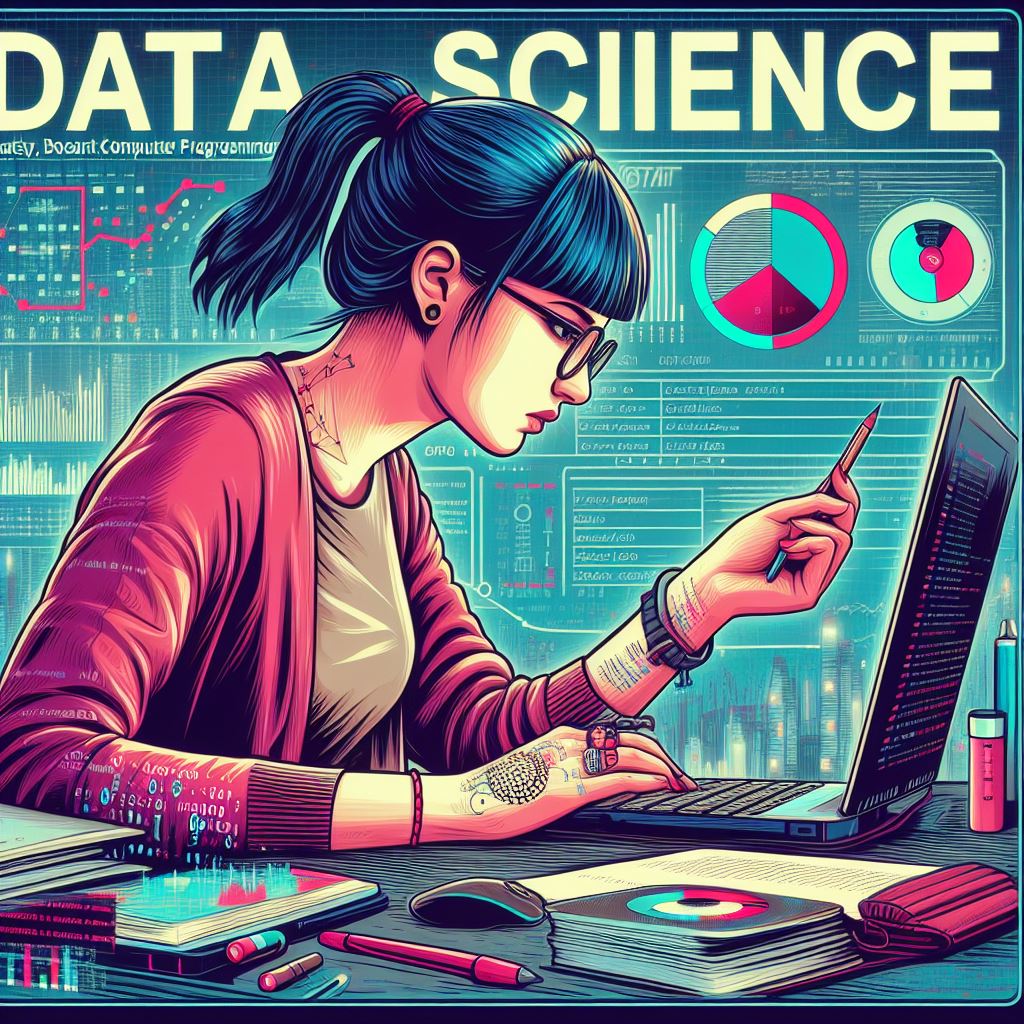Machine Learning (ML) has already begun to reshape industries, drive innovations, and change the way we live and work. As we approach 2025, the impact of ML will only become more profound, with advancements that will revolutionize everything from healthcare to finance, transportation, and beyond. In this article, we will explore the key trends that are expected to define the future of Machine Learning in 2025.
1. The Rise of Autonomous Systems
One of the most exciting developments in ML is the rise of autonomous systems, particularly in the form of self-driving cars, drones, and robots. By 2025, these systems will become much more advanced and integrated into daily life. Autonomous vehicles, powered by ML algorithms, will reduce traffic accidents, optimize traffic flow, and improve fuel efficiency. Drones equipped with ML will revolutionize delivery services, enabling faster and more reliable shipping.
2. ML in Healthcare: Predicting the Future of Medicine
Machine Learning will continue to play a major role in transforming healthcare. By 2025, we will see ML being used for more accurate diagnostics, personalized treatment plans, and even drug discovery. AI-driven tools will assist doctors in diagnosing diseases early, predicting patient outcomes, and recommending optimal treatments based on individual data. Moreover, ML-powered health monitoring devices will track real-time data and alert patients and healthcare providers about potential health issues, allowing for preventive care.
3. Advancements in Natural Language Processing (NLP)
Natural Language Processing, a subfield of ML, will see remarkable advancements by 2025. We can expect machines to understand and generate human language with greater accuracy and nuance, leading to more sophisticated AI-driven assistants and tools. Chatbots, virtual assistants, and customer service agents will provide more natural and personalized interactions, while businesses will use NLP to analyze vast amounts of text data for sentiment analysis, market research, and customer feedback.
4. ML and the Future of Work
The future of work will undoubtedly be influenced by the rise of Machine Learning. By 2025, we will see more tasks being automated, leading to greater efficiency in workplaces. ML-powered software will handle repetitive tasks like data entry, scheduling, and even customer service, freeing up human workers to focus on more strategic and creative tasks. However, this shift will also require workers to acquire new skills, with a strong emphasis on data literacy, AI, and ML knowledge.
5. Ethical Considerations and Bias in ML
As ML technologies become more integrated into society, ethical concerns will continue to be a hot topic. Ensuring fairness, transparency, and accountability in ML models will be critical. By 2025, there will be an increased focus on developing methods to reduce bias in ML algorithms and ensure they are designed in a way that respects privacy and individual rights. Companies and governments will need to implement regulations and guidelines to guarantee the responsible use of ML.
6. Quantum Computing and ML: A Game Changer
Quantum computing is set to make a massive impact on ML in the next decade. While still in its early stages, quantum computing holds the potential to significantly accelerate ML algorithms and enable solutions to problems that were previously deemed unsolvable. By 2025, we can expect quantum computers to collaborate with traditional computing systems, speeding up data processing and enhancing the capabilities of ML models in fields like cryptography, financial modeling, and optimization.
7. ML in Climate Change Solutions
Another area where ML will have a significant impact is in combating climate change. By 2025, we can expect ML algorithms to be used to optimize energy usage, reduce waste, and develop sustainable solutions for industries like agriculture, transportation, and manufacturing. Machine learning will help researchers analyze environmental data, predict climate patterns, and develop innovative technologies to reduce carbon emissions and mitigate the effects of global warming.
Conclusion
The future of Machine Learning in 2025 is filled with promise and opportunity. As ML technologies continue to evolve, their ability to transform industries, improve daily life, and address global challenges will become increasingly evident. From autonomous systems and healthcare innovations to breakthroughs in natural language processing and quantum computing, the future is bright for Machine Learning.
